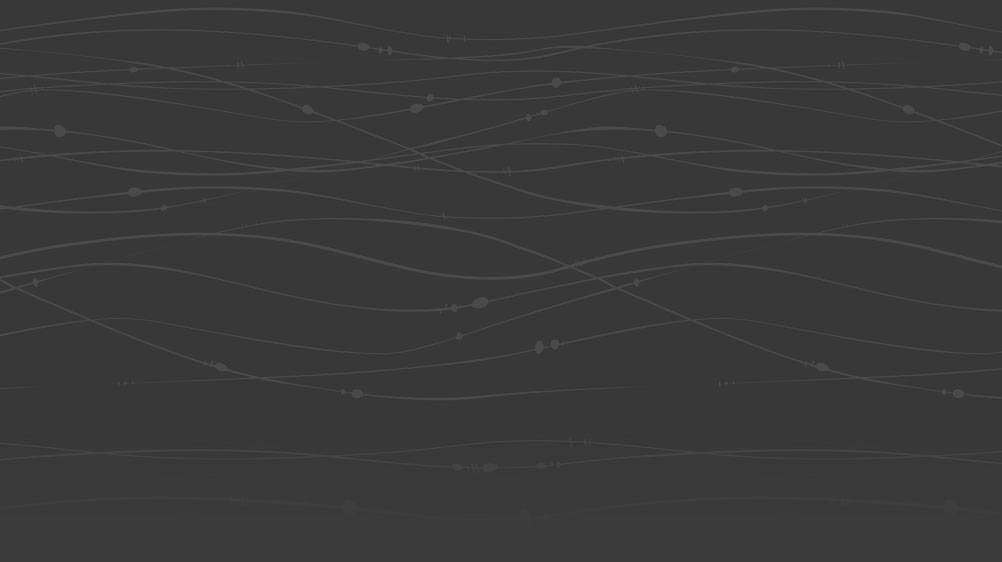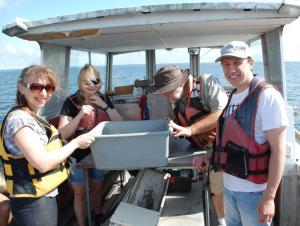

written by Alexander Karatayev and Lyubov Burlakova
Introductions of keystone or ecosystem engineering species can profoundly transform ecosystem functions, but what will happen if multiple invasions occur? The zebra mussel is one of the most aggressive and impactful freshwater invaders that colonized hundreds of lakes and reservoirs across Europe and North America. Currently, another related species, the quagga mussel, is spreading into lakes already colonized with zebra mussels.
To investigate whether serial invasions of a closely related competing species magnify the impacts of the initial invader, we assembled an international team of scientists from the United States, Hungary, and Belarus, including Vadim Karatayev, Lars Rudstam, Alexander Karatayev, Lyubov Burlakova, Boris Adamovich, Hanna Zhukava, Kristen Holeck, Amy Hetherington, James Jackson, Csilla Balogh, Zoltan Serfozo, Christopher Hotaling, Tatyana Zhukova, Tamara Mikheyeva, Raisa Kovalevskaya, Oleg Makarevich, and Darya Kruk.
We were interested how ecological changes induced by invasion are recapitulated in ecosystems that span a range of conditions, are located in different regions, and were invaded in different decades. To answer the question, we synthesized a many-decade time series across the seven best studied ecosystems in the Northern Hemisphere to resolve shared changes in several key ecosystem features following invasion by zebra mussels and subsequent invasion by quagga mussels.
It took us over six years to analyze and present the data, and our paper “Time scales of ecosystem impacts and recovery under individual and serial invasions” was recently published in Ecosystems. Our seven polymictic shallow lakes revealed remarkably similar trends, with the strongest ecosystem impacts occurring
within 5-10 years of zebra mussel invasion. Surprisingly, plankton communities then exhibited a significant partial recovery. This recovery was absent, and impacts of initial invasion amplified, in four lakes where quagga mussels outcompeted zebra mussels and more completely depleted phytoplankton. Thus, we show that the ecosystem impacts of invasive species can subside over time, but amplify with serial introductions of competing, even closely similar, taxa.
Image caption: Hanna Zhukava, Lyuba Burlakova, Lars Rudstam, and Boris Adamovich checking a plankton sample from Lake Oneida.
Some content on this page is saved in PDF format. To view these files, download Adobe Acrobat Reader free. If you are having trouble reading a document, request an accessible copy of the PDF or Word Document.
